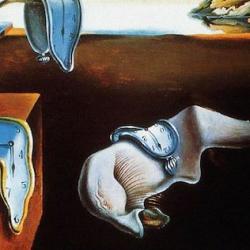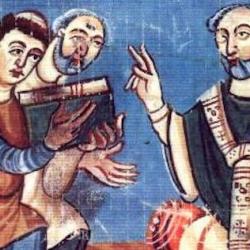Jonathan Crary begins his 24/7 describing experiments to increase the time that soldiers can stay awake and alert. 24/7 has been around for a long time.So far, humans have resisted, simply by getting tired. Now we’re trying to create humans who can flourish, or at least survive, in the unnatural world we’ve made.
Sleep is for Crary the final frontier of late capitalism, the last bastion of acceptable inefficiency.
Before dismissing this as quasi-Marxist, listen to Crary’s familiar description of our world: “The huge portion of our lives that we spend asleep, freed from a morass of simulated needs, subsists as one of the great human affronts to the voraciousness of contemporary capitalism. Sleep is an uncompromising interruption of time from us by capitalism. Most of the seemingly irreducible necessities of human life – hunger, thirst, sexual desire, and recently the need for friendship – have been remade into commodified or financialized forms. Sleep poses the idea of a human need and interval of time that cannot be colonized and harnessed to a massive engine of profitability. . . . The stunning, inconceivable reality is that nothing of value can be extracted from it” (10-11).
24/7 has made progress. Our nights are shorter than they used to be. Still, sleep is a “ubiquitous but unseen reminder of a premodernity that has never been fully exceeded. . . . The scandal of sleep is the embeddedness of our lives in the rhythmical oscillations of solar light and darkness, activity and rest, of work and recuperation, that have been eradicated or neutralized elsewhere” (11).
For centuries, philosophers have been at war with sleep: “For Locke, sleep was a regrettable if unavoidable interruption of God’s intended priorities for human beings: to be industrious and rational. In the first paragraph of Hume’s Treatise on Human Nature, sleep is lumped together with fever and madness as examples of obstacles to knowledge” (12).
Crary gets a cheer in for Schopenhauer, “one of the rare thinkers who turned this hierarchy against itself and proposed that only in sleep could we locate ‘the true kernel’ of human existence” (12).
Just so. We are creatures, not God who neither slumbers nor sleeps. We are dependent on the gifts of God, who gives to His beloved even in sleep. Sleep is an act of faith, a defiant subversion of voluntarism and relentless industriousness.
Whew. That wore me out. Time for a nap.










